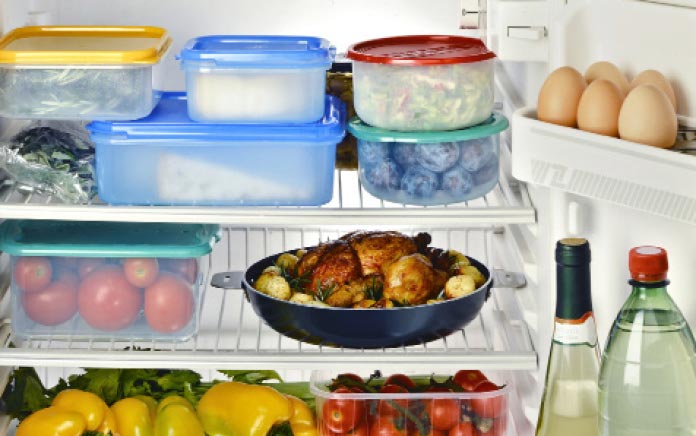Is your child fussing over food?
Ouiam El Hassani tells you how to deal with your picky eater.
Since your child’s birth, you are in charge of their feeding journey. You feed them by breast or bottle, even with a spoon, and they will tolerate whatever you put in their mouths. Then, suddenly, your baby is a toddler, and things are never the same again. When children begin to refuse food, it’s natural to start worrying. Questions such as: “What have I done wrong?”, “Why isn’t my child eating?” and “Will they be ok?” enter your mind.
Well, the first thing you should remember is that you are not alone and your child is very much like all his peers at this age. The reasons for your child’s sudden food aversions are both simple and complex:
 Your child is becoming more independent
Your child is becoming more independent
At the age of two, children are now capable of walking alone, communicating their needs, figuring out their personality, and being in control of their body; they can close their mouth to signal that they do not want to eat whatever you are offering, they can cry, scream, or throw a tantrum.
 Toddlers are very intuitive
Toddlers are very intuitive
They notice patterns and act on them. If, as a baby, your toddler ate sweet food such as bananas and apples, they will get used to it. So, when you introduce non-sweet vegetables or fruits, they simply won’t recognise the taste because they haven’t developed a palate for it yet. Also, parents tend to feed their kids what they like and steer clear of foods they don’t like. Eating is a learned behaviour that starts with the first spoon you give your child.
 Toddlers are still experimenting
Toddlers are still experimenting
They are learning what they like and what they don’t like, so just be patient.
While it is very frustrating to deal with toddlers who change their minds with every passing minute about what food they like or want, it is essential to keep in mind that there is no magical solution. It is a journey that your child needs to go through, and you need to help and guide them to expand their palate.
Here are some tips you can follow to ensure your child is getting the nutrition they need:
 Introduce all tastes when you start the feeding journey
Introduce all tastes when you start the feeding journey
No matter how difficult it will get, it is important to try introducing new flavours to your child. Touching, smelling, playing with, and spitting out food are all normal exploratory behaviours that happen before acceptance—and some kids simply take longer to try new food and develop a taste or affinity for it. Keep trying, and eventually, your child will come around. Be consistent, don’t give up, and remember, this stage in your child’s life is critical as the foods they eat now are fundamental building blocks for healthy growth and development.
 Keep healthy food at home
Keep healthy food at home
When healthy and nutritious food is available at home and around your child at all times, they will grow more accustomed to it.
 Avoid providing many food options at once
Avoid providing many food options at once
Children are always more confused when there are more options, simply because their brain isn’t developed enough to make this kind of decisions.
Don’t let your personal preferences interfere with your child’s feeding journey
Simply put – they might very well love some of the foods you don’t like.
Make the experience enjoyable
Let them be part of cooking the meal, let them go grocery shopping with you, plate your food in a visually appealing way, etc.
 Never force your child to eat
Never force your child to eat
Your child is not trying to push boundaries; they are simply learning a new skill. Also, forcing them to clean their plate causes a child to lose their natural sense of knowing when they are full, which can lead to overeating.
Remember – for many kids, food acceptance takes time, and this important stage in your toddler’s life is absolutely normal. Building healthy eating habits is a gift that your child will thank you for later on in life.


































